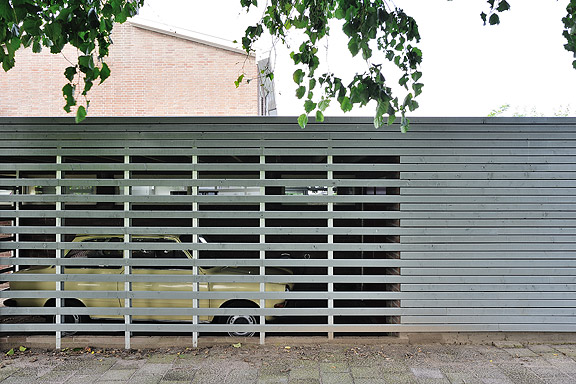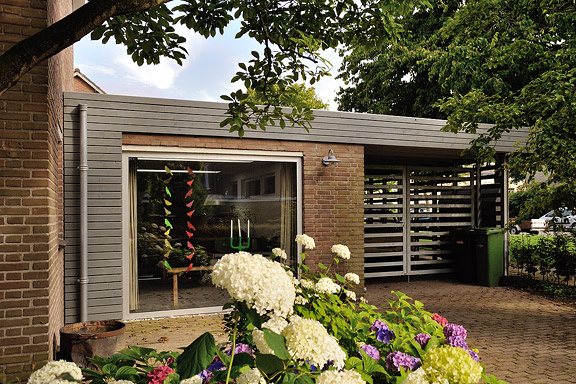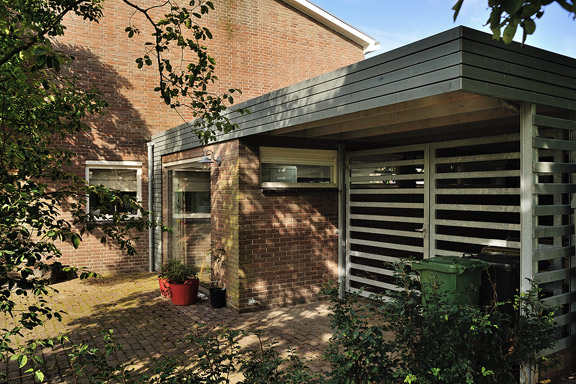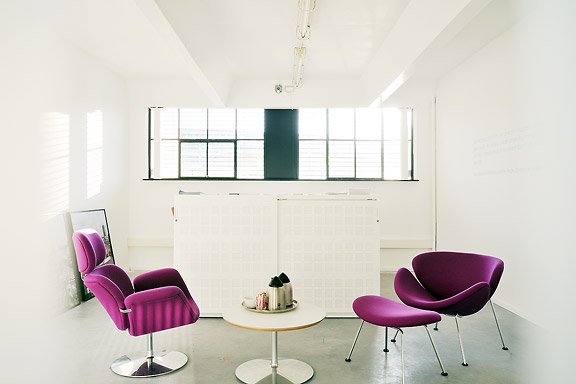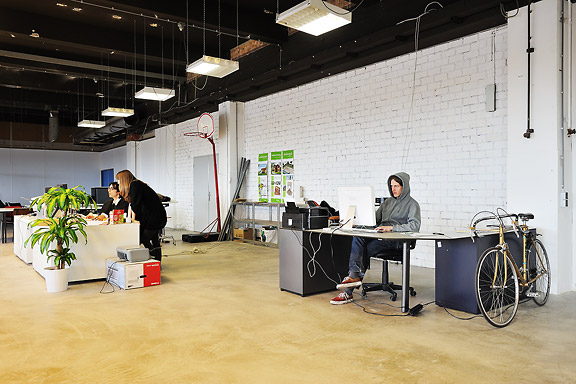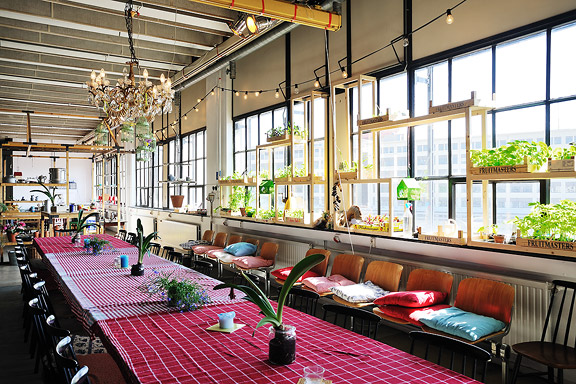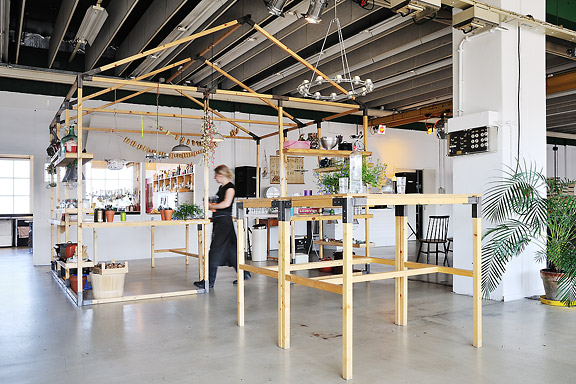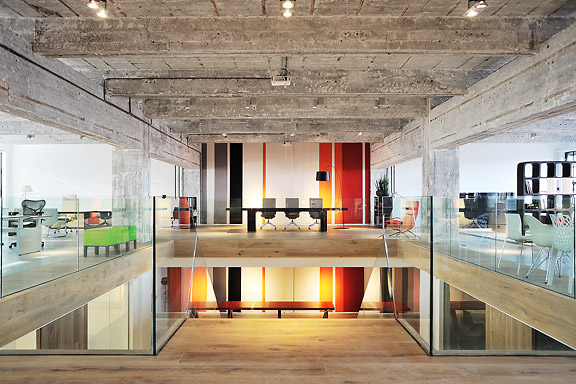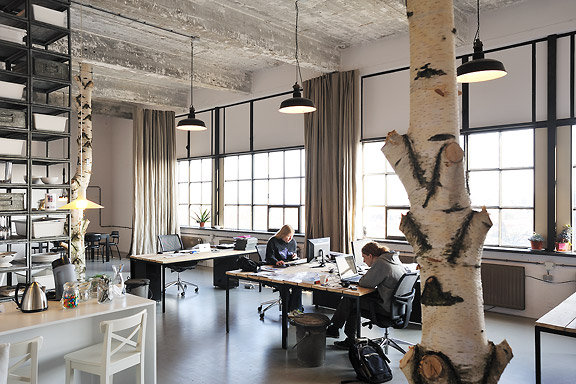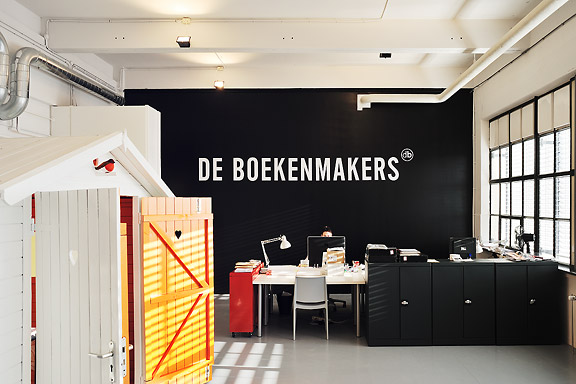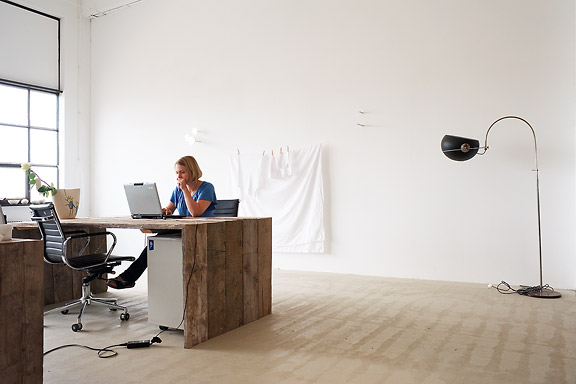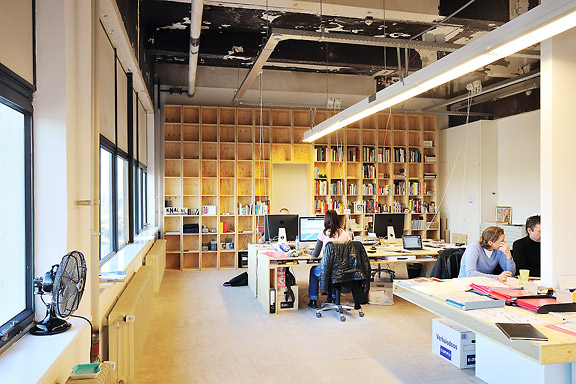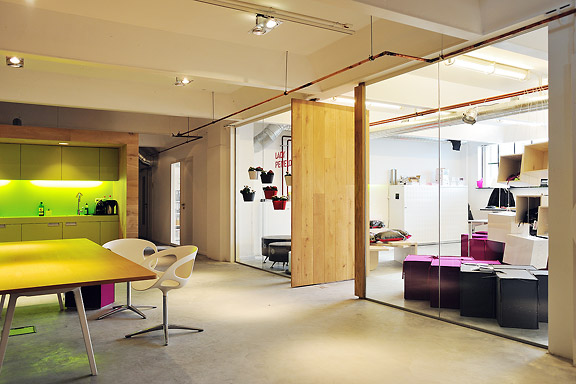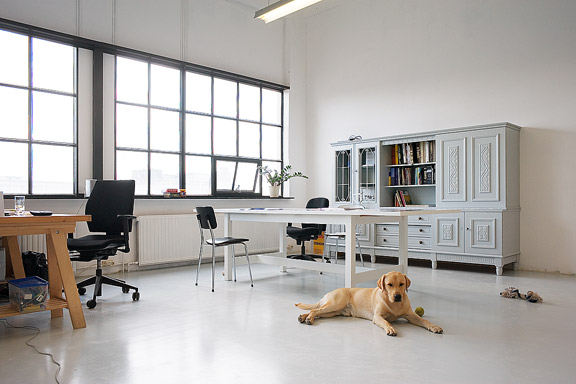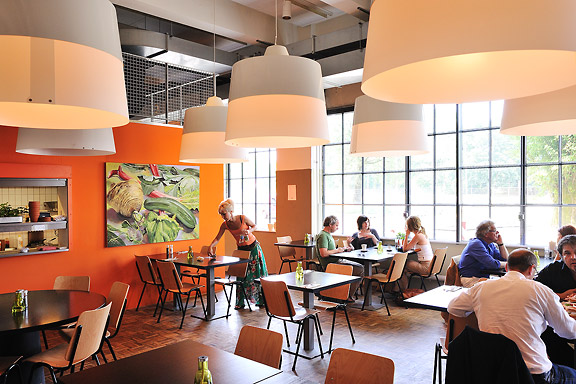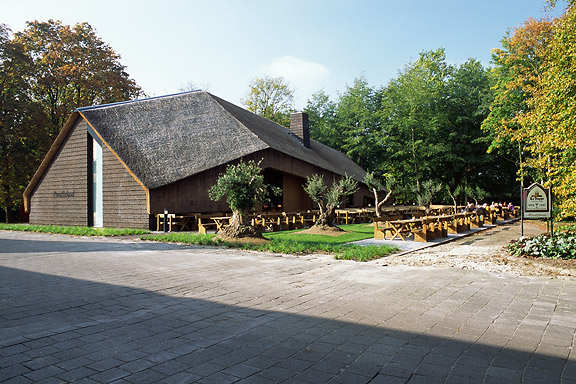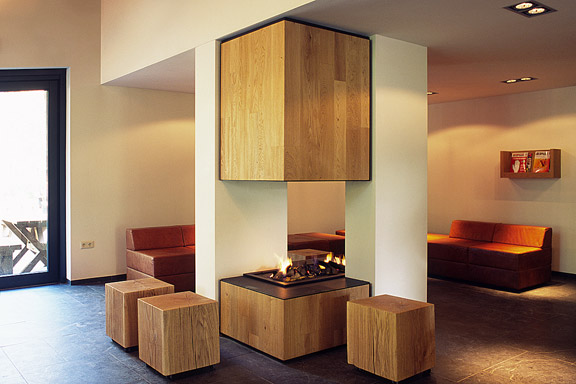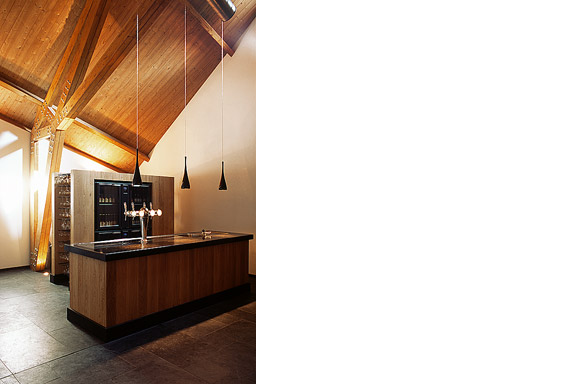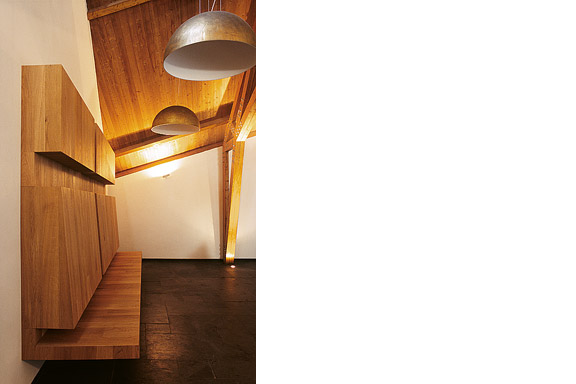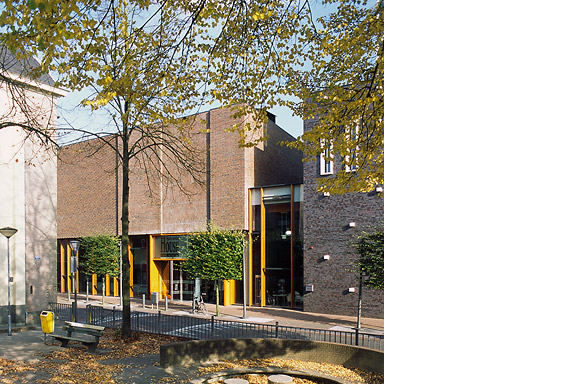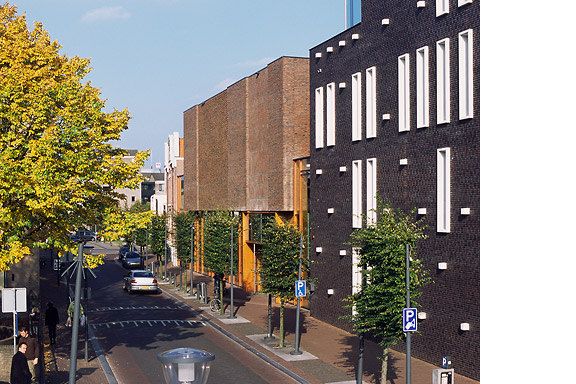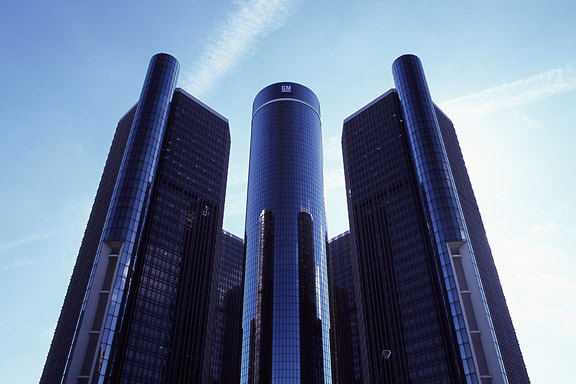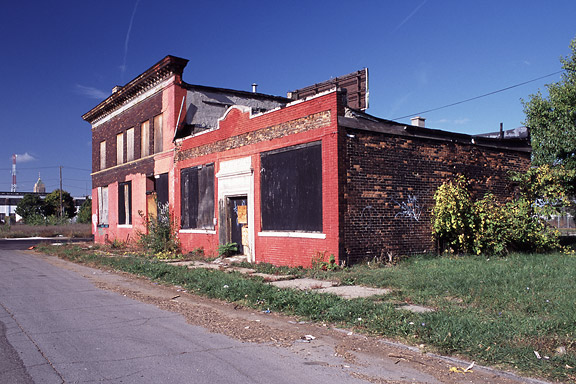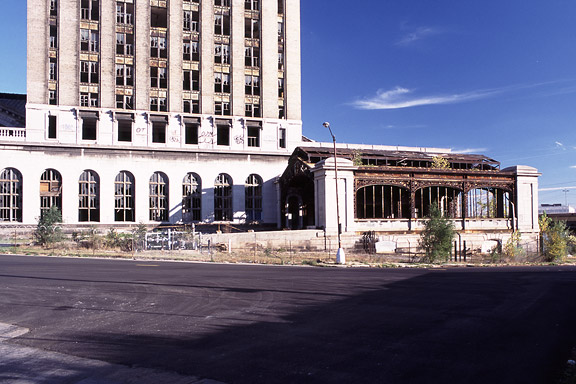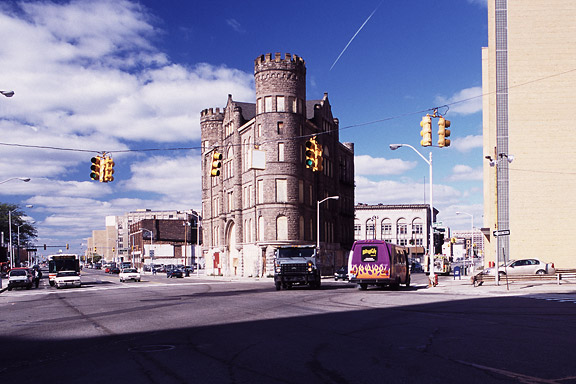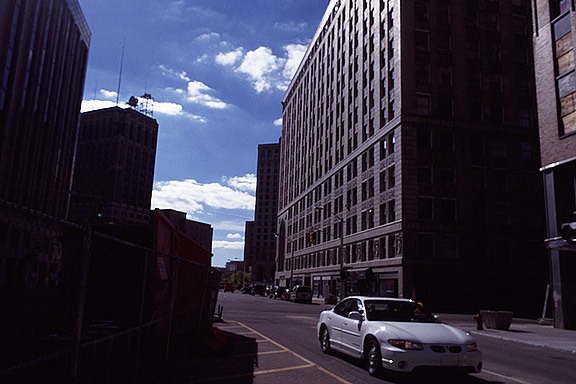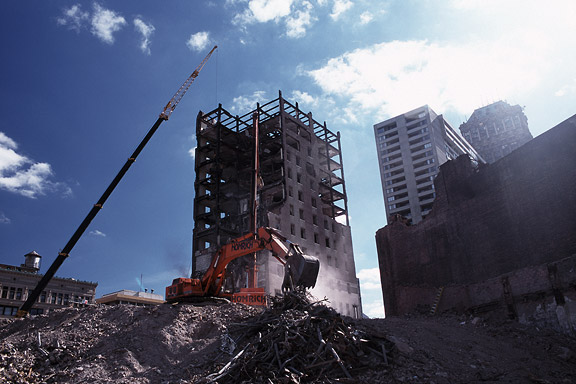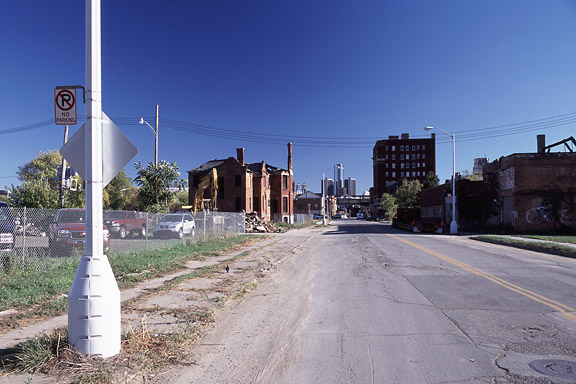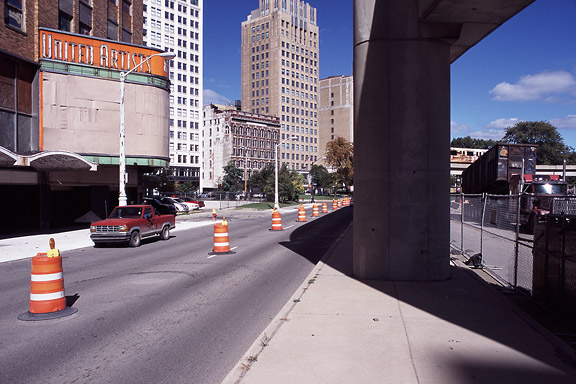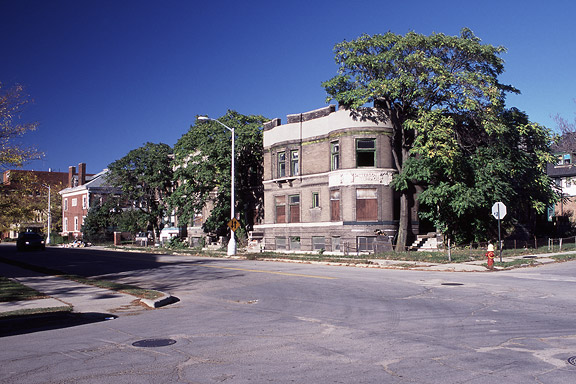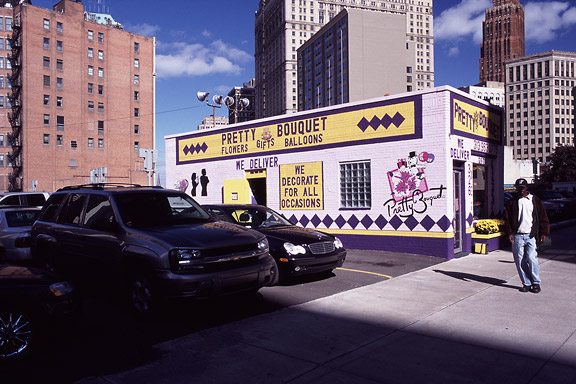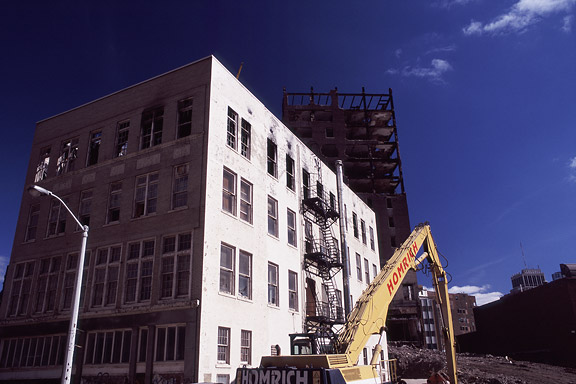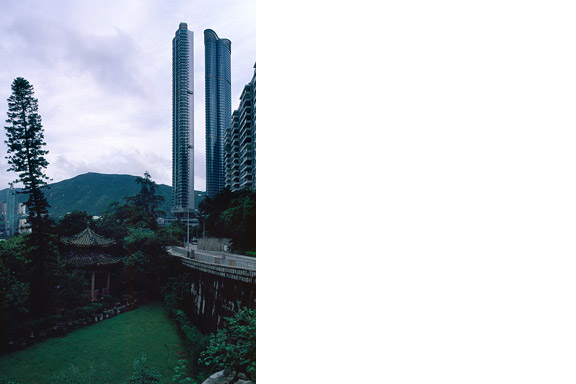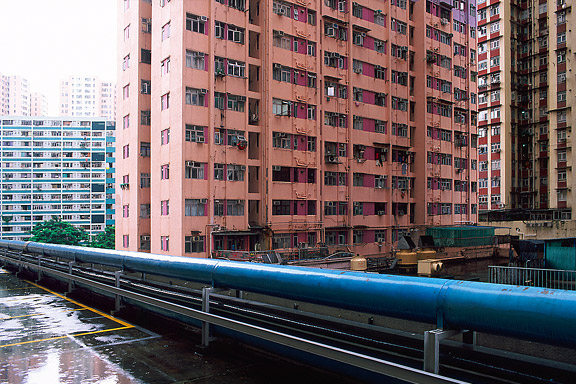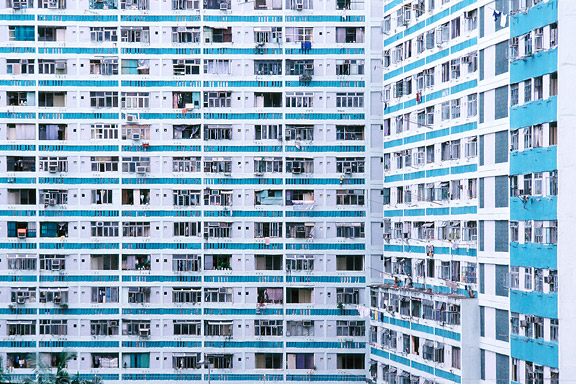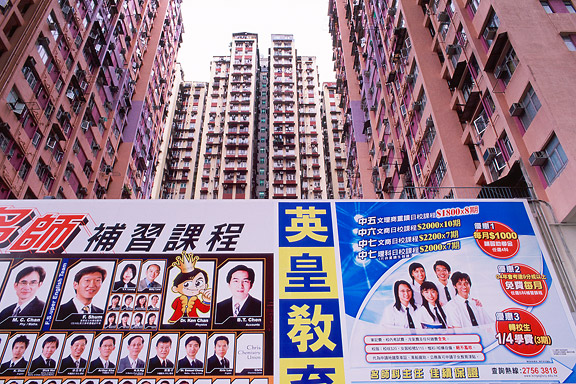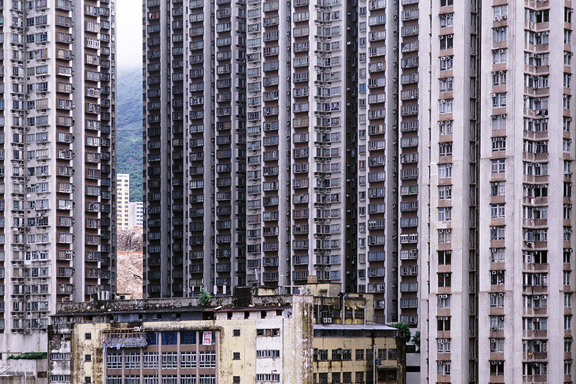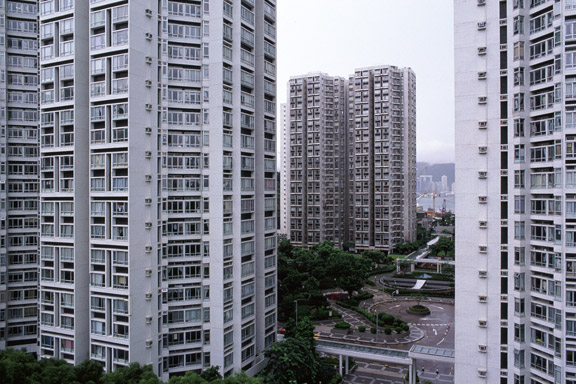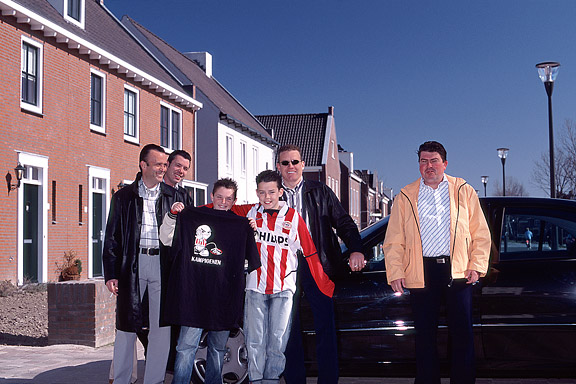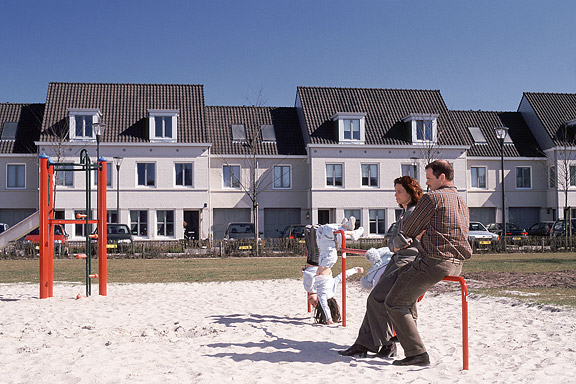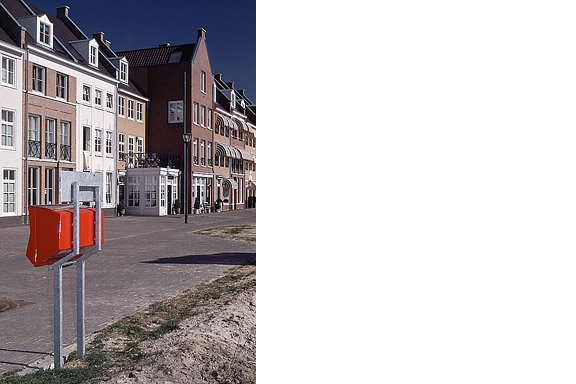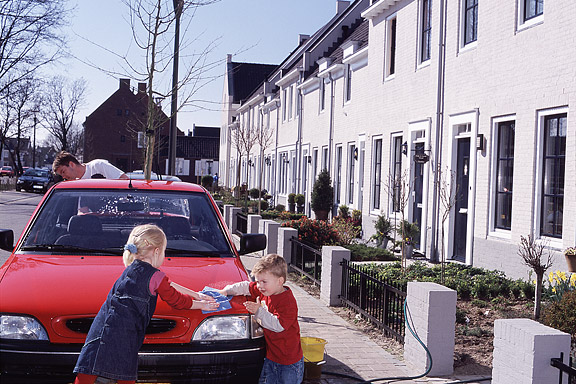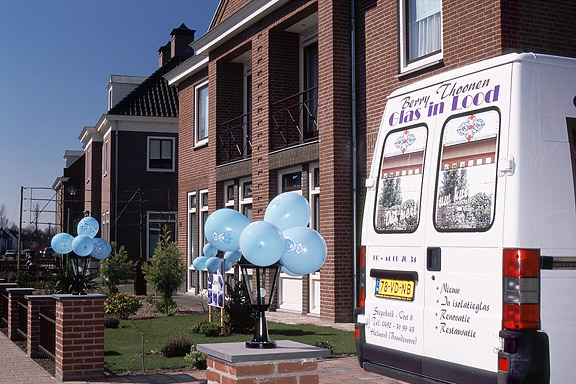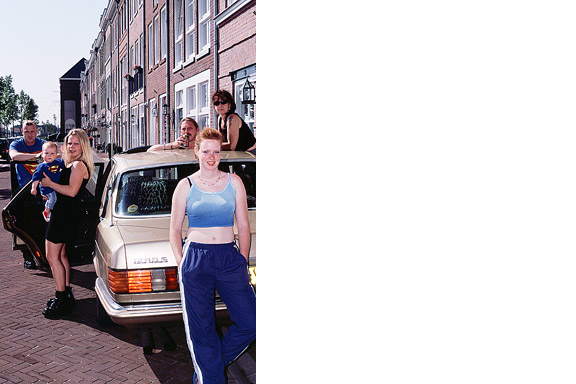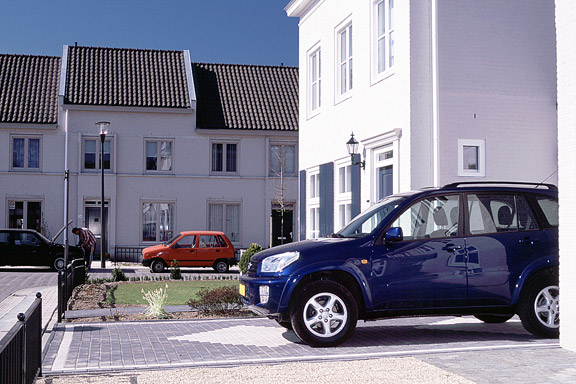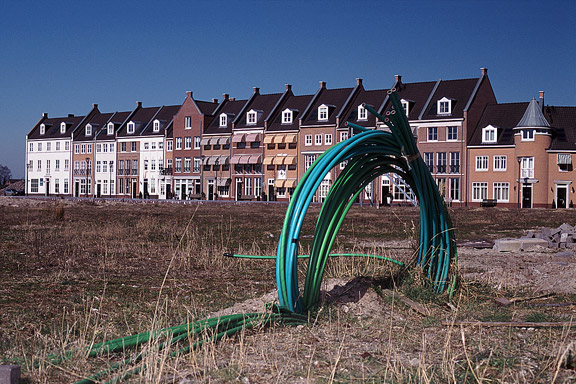Vision on learning written for teacher degree program
2018
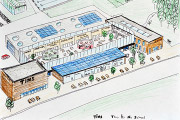
T-shirts for YouTube channel 2kB of Fun
2018
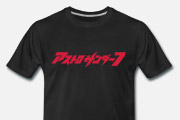
Fourth incarnation of the Retro Space arcade cabinet in aluminium
2017
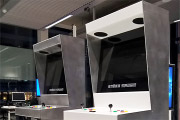
Pixel art illustration for the book 2kB of Fun
2017
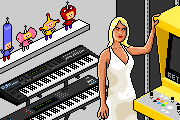
The incredible world of handheld video games from ‘76-’85
2013
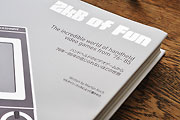
Een plat pakket doe-het-zelf versie van Retro Space
2013
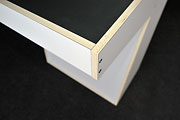
Photo report of the STRP Festival 2011 by Mick Visser
2011
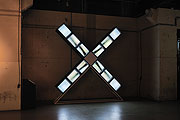
Tool to convert Rōmaji, Katakana and ASCII/UTF-8
2011

Photo report of the STRP Festival 2010 by Mick Visser
2010
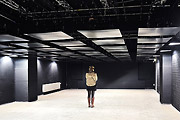
Luxury villas at the Berlaer site in Helmond
2010
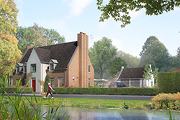
Redesign of the classic office desk calculator within 1 hour
2010
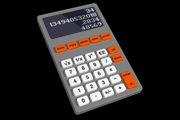
The Clock Building is a magnificent icon for Eindhoven. It is built as factory by Philips Electronics in 1928/1929. After having been used for years as office space by Philips, the building now transforms back to its original function: a factory.
This time no series production. Trudo turned the building into a creative factory. Architects, designers, musicians, photographers, creative consultants: a colourful aggregation of creative talent took over this icon of the city Eindhoven.
The building has been split into units of various proportions. They all share one common feature though. Huge window openings with delicate metal frames. The light that enters the building gives unity to the diversity of interiors.
I photographed numerous interiors of the Clock Building to give insight in the new use of the building. The transformation of the Clock Building is a starting point in the transformation of the city district Strijp-S, a new centre for the city of Eindhoven.
The pictured companies are from left to right: Architectuurcentrum Eindhoven, Little Mountain, Keukenconfessies (2x), Desque, FuturOn.net, De Boekenmakers, studio-OOK, Scherpontwerp, Lady Penelope, Dikgedrukt en PopEI
26 arcade cabinets for Dutch Game Garden
2010
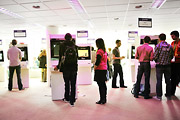
A new and usable subway map for the biggest city on earth: Tokyo
2009
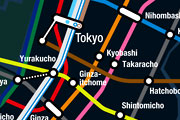
A new factory for Kingspan insulation panels at Medel near Tiel
2009
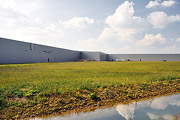
A man is a real man, if welding is what he can!
2009
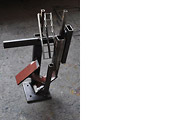
A new catholic community centre for Heteren
2009
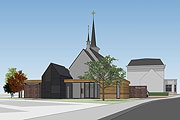
Hacking Ikea table with Sega Megadrive or Pac Man inside
2009
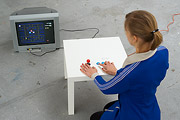
ZZEF asked me to photograph 2 projects designed by Johan van den Berkmortel for the architecture portfolio of ZZEF.
One project is a beer cafe at the monk brewery Koningshoeve and the other is the Bavaria House in Helmond.
8 Apartments for senior citizens in Heteren
2008
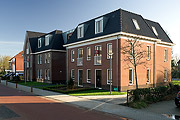
A new business building for 2 entrepreneurs in Kesteren
2008
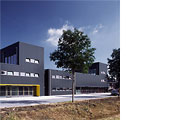
Website for Retro Space
2008
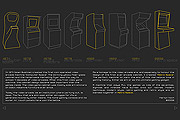
Modern arcade cabinet for home use
2008
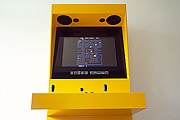
Entry Europan 9 Martijn Koch and Wendy van Rosmalen
2007
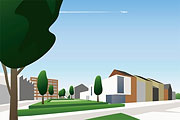
11 Apartments for senior citizens at the Rozenpad in Heteren
2007
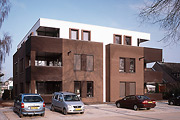
A design for a new metro map for Copenhagen
2006
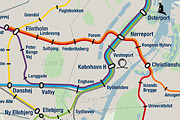
Veranda extension to house in Beek en Donk
2006
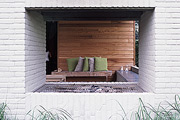
Concept for a modern picture story based on Cinderella
2005
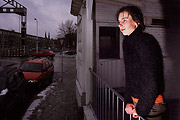
A digital magazine on sustainability, photography, cityscape and opinion
2005
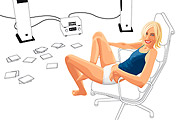
Anonymous modernist housing near Faro
2005
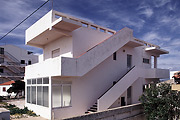
Detroit is a weird city. The city disappears slowly and turns back to nature. Not caused by war or disaster, it vanishes because of economic irrelevance. De automotive industry moved towards the Mexican border. Jobs are gone. The city renders useless. The General Motors headquarters still shine as a major highlight downtown. Perhaps as an icon for the glorious past.
These photographs are taken during a trip of the USA and Canada in the autumn of 2005.
Mixture of the Big Shadow and the Fake Lamp
2004
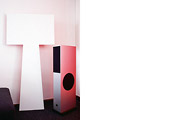
Hong Kong has little room to built. There is a small piece of land to build on between the water and the mountains. The only option to house the millions of citizens is to use efficient towering blocks. Some area's have a FAR (floor to ground area aspect ratio) of 5 to 10.
Brandevoort is one of the big suburban extensions according to the governmental document Vinex. Under supervision of Rob Krier, the city of Helmond tried to mimic the classic Dutch canal city for its big extension. Modern legislation on parking and the fact that a family in a suburban plan like this needs 2 cars to reach all daily facilities, resulted in weird interiors for the urban blocks. The gardens are petite, and most space is used for the cars.
Office building for the Dutch Tax Administration
2003
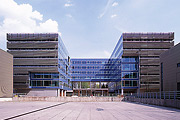
 Creative Factory
Creative Factory Want some Beers?
Want some Beers? Ghost World
Ghost World





